Rose
Once the flowering period is over in May, it will enter the hot and rainy summer, and the rose will soon usher in the dormant and semi dormant state. For rose, the focus of summer maintenance is to make the flowering plant grow healthily and promote it to bloom next time as soon as possible
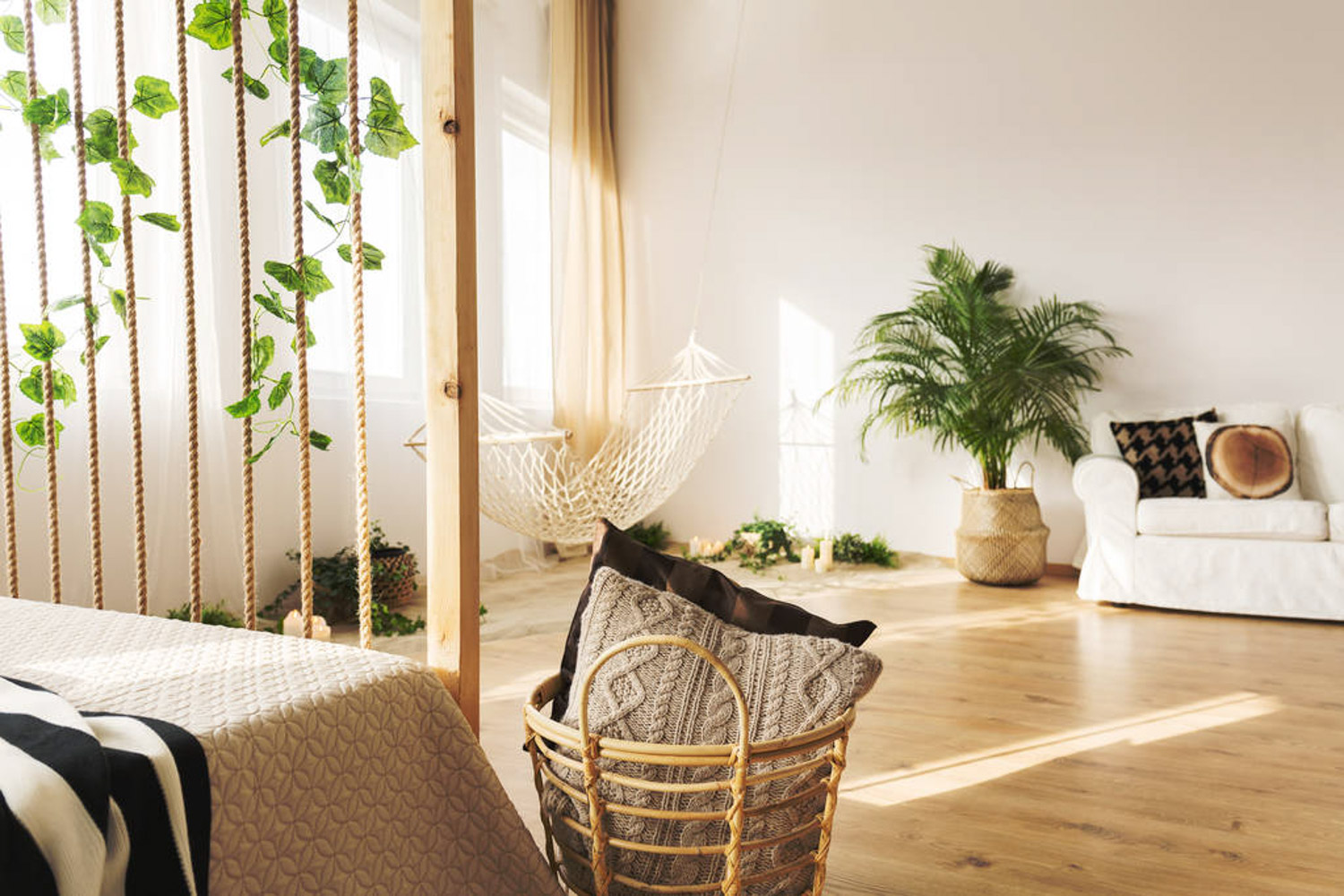
1 shading and cooling
The soil of potted rose is limited, and it is easy to bask in the pot soil in hot weather. It is necessary to shade and cool the rose. Today, Huahua will introduce several shading methods to let the roses at home receive scattered light
1. The purpose of cooling can be achieved by using shading net or straw mat to cover the rose into a semi cloudy state and form a shadow on the ground
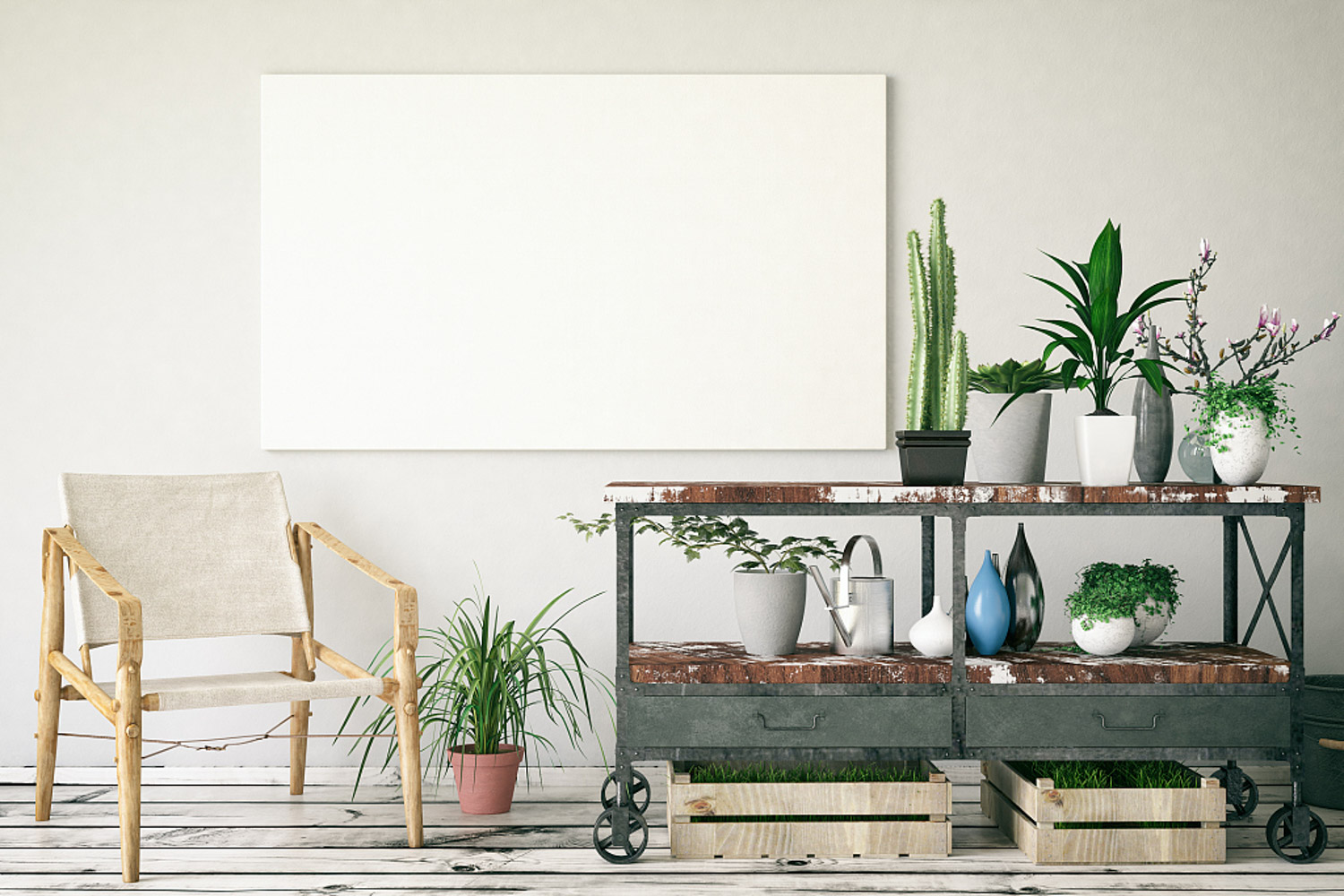
2. You can put a large flowerpot outside the rose flowerpot, and add some light stones, ceramsites and other things between the bottom of the large flowerpot and the gap between the two flowerpots, which can also cool down
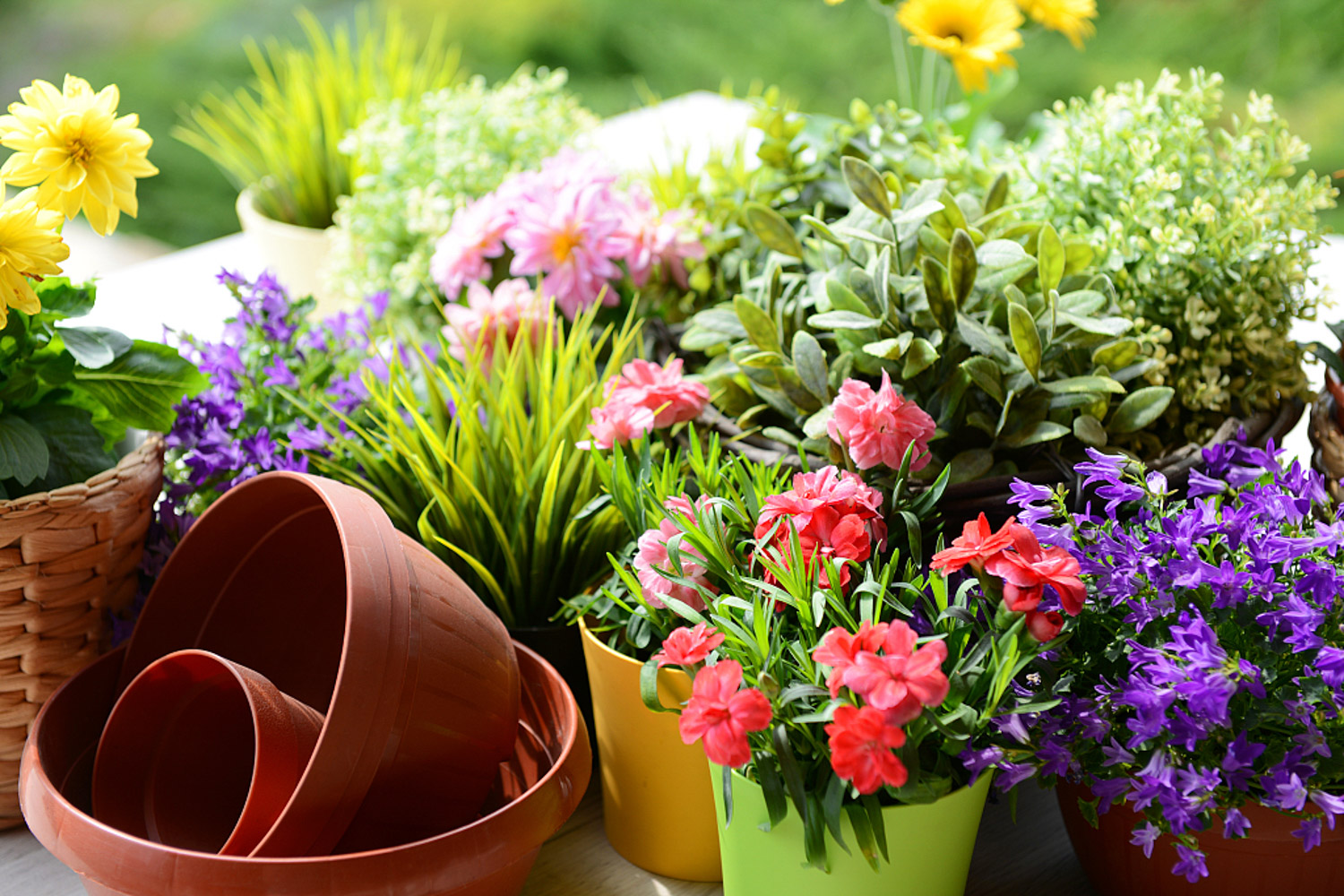
2 watering and fertilization
In the hot summer weather, the rose began to gradually enter the dormancy period. But the rose is still blooming in summer, so it also needs fertilization, but the amount of fertilization is less than that in spring and autumn
1. In summer, a thin liquid fertilizer can be applied every 15 days or so. The liquid fertilizer can be formed by soaking moldy soybeans or animal feces in water and sealing fermentation. The best concentration is more than 1:: 50, which can meet the growth needs of rose
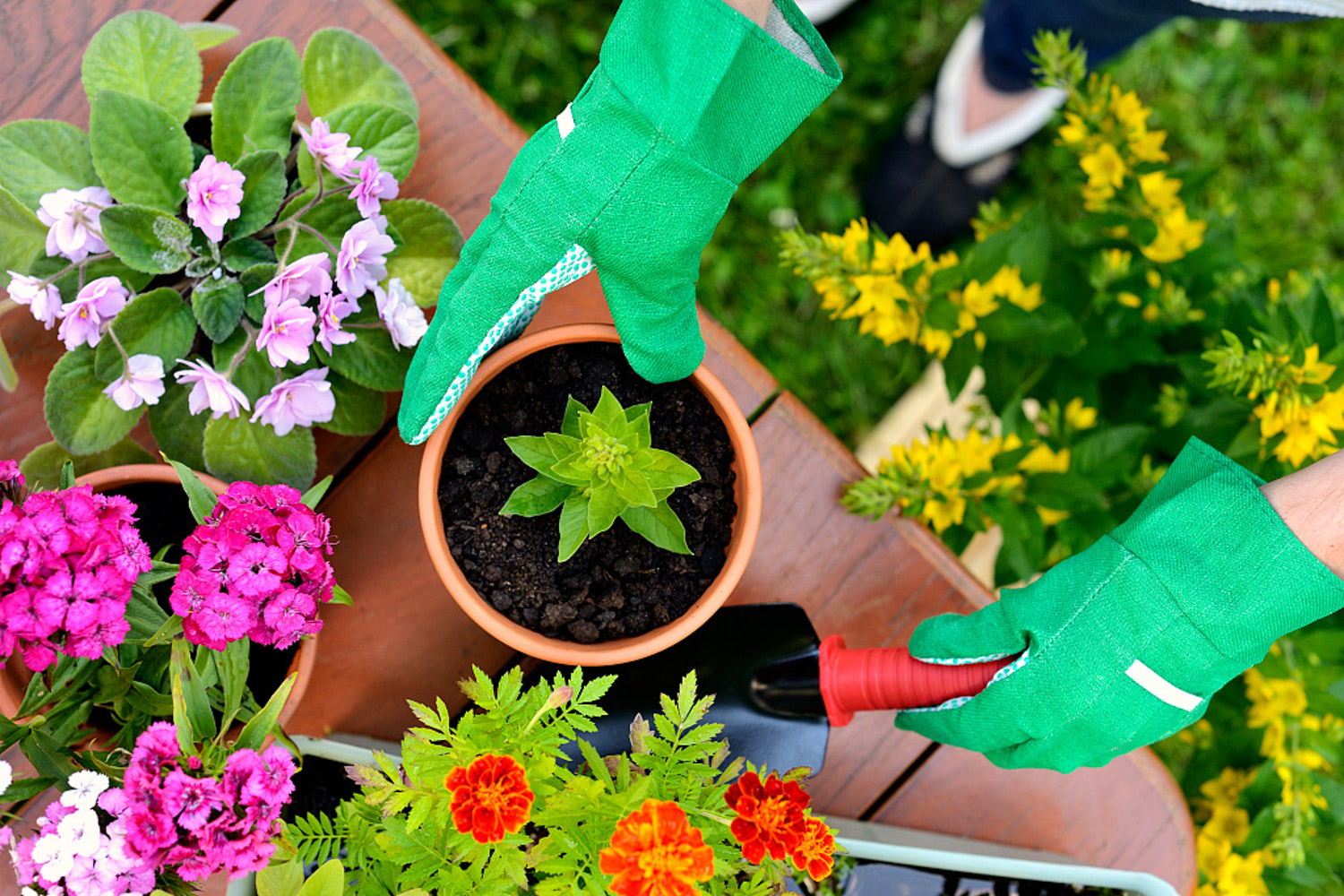
2. The evaporation capacity is large in summer, and water can be poured once every 2-4 days. The water for watering rose is best used after drying in the sun, which can reduce the temperature difference between basin soil and water. If too cold water is used, it will stimulate the root system of rose and affect the normal development of plant
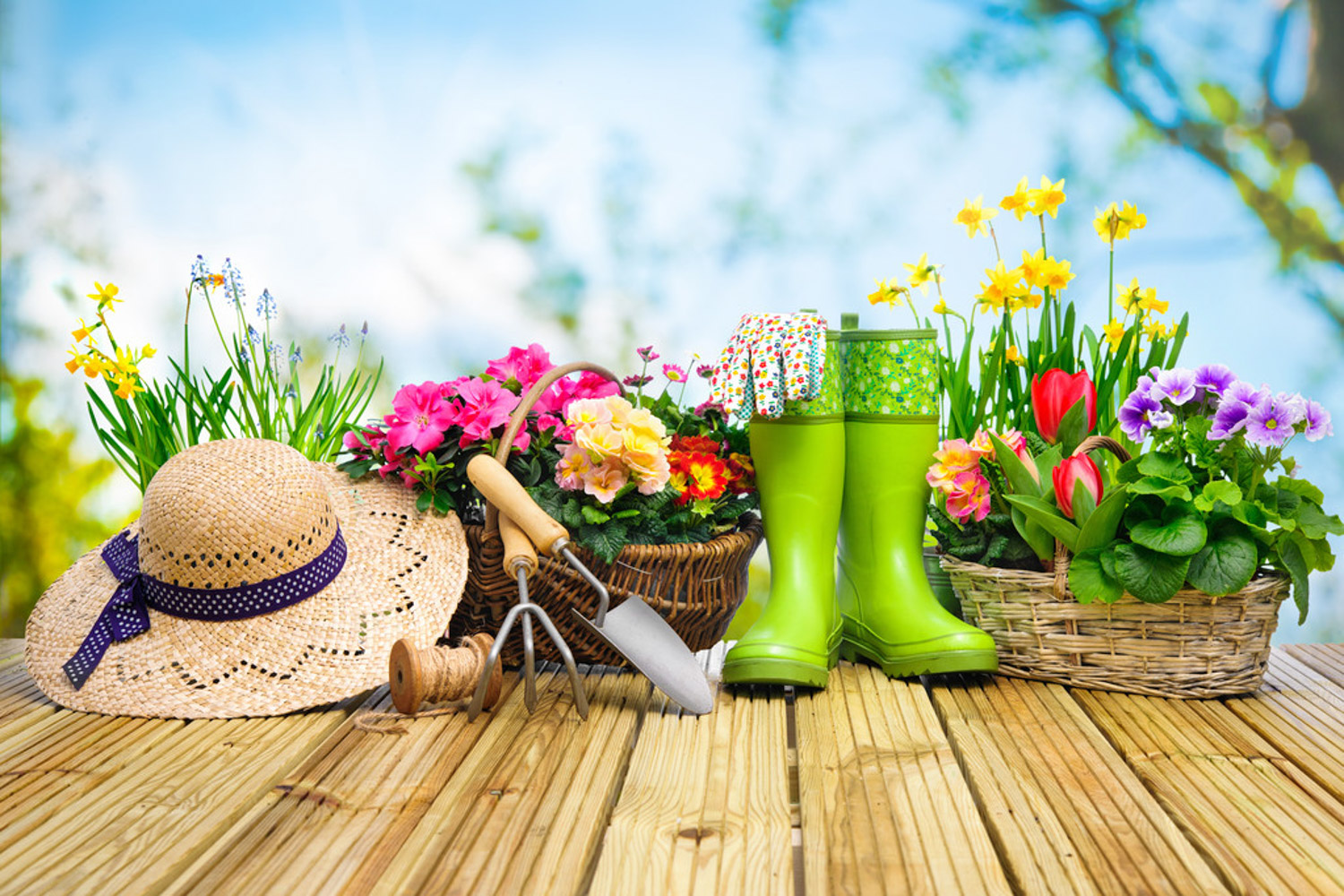
3. In addition to watering the rose normally, you should also spray more water on the leaves, preferably once in the morning and once in the afternoon, before 8 o'clock and after 5 o'clock in the evening. When spraying water, you can also add 0.2% potassium dihydrogen phosphate solution to make the rose flowers colorful
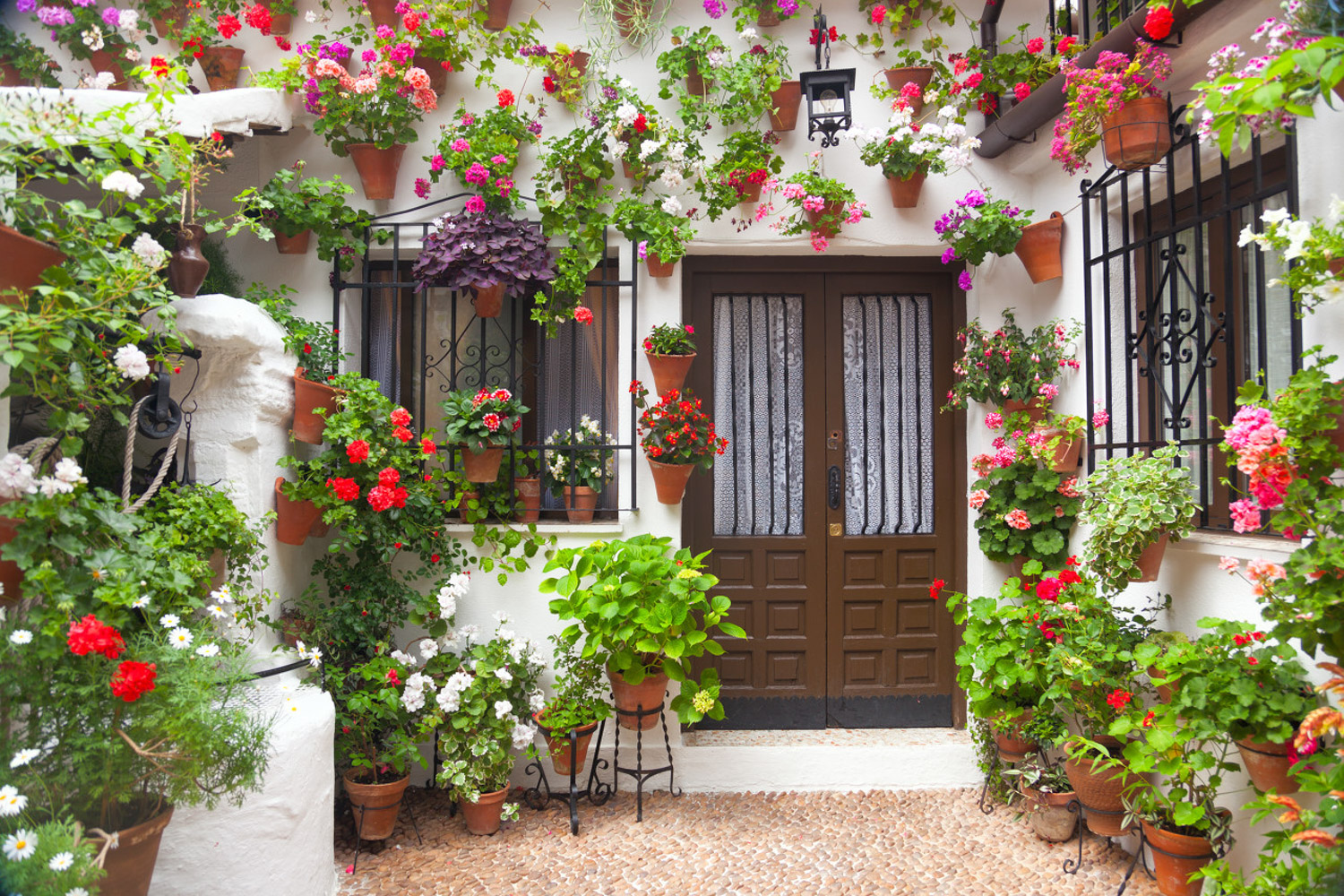
3. Pest control and disease treatment
Summer is the high incidence period of rose diseases. Leaf spot, scale insects, powdery mildew and so on all occur in summer
1. When the weather is hot, the ground on which the rose pot is placed should often be sprayed with 15% quicklime or Carbendazim and potassium permanganate solution to achieve sterilization and disinfection and prevent the invasion of diseases and pests
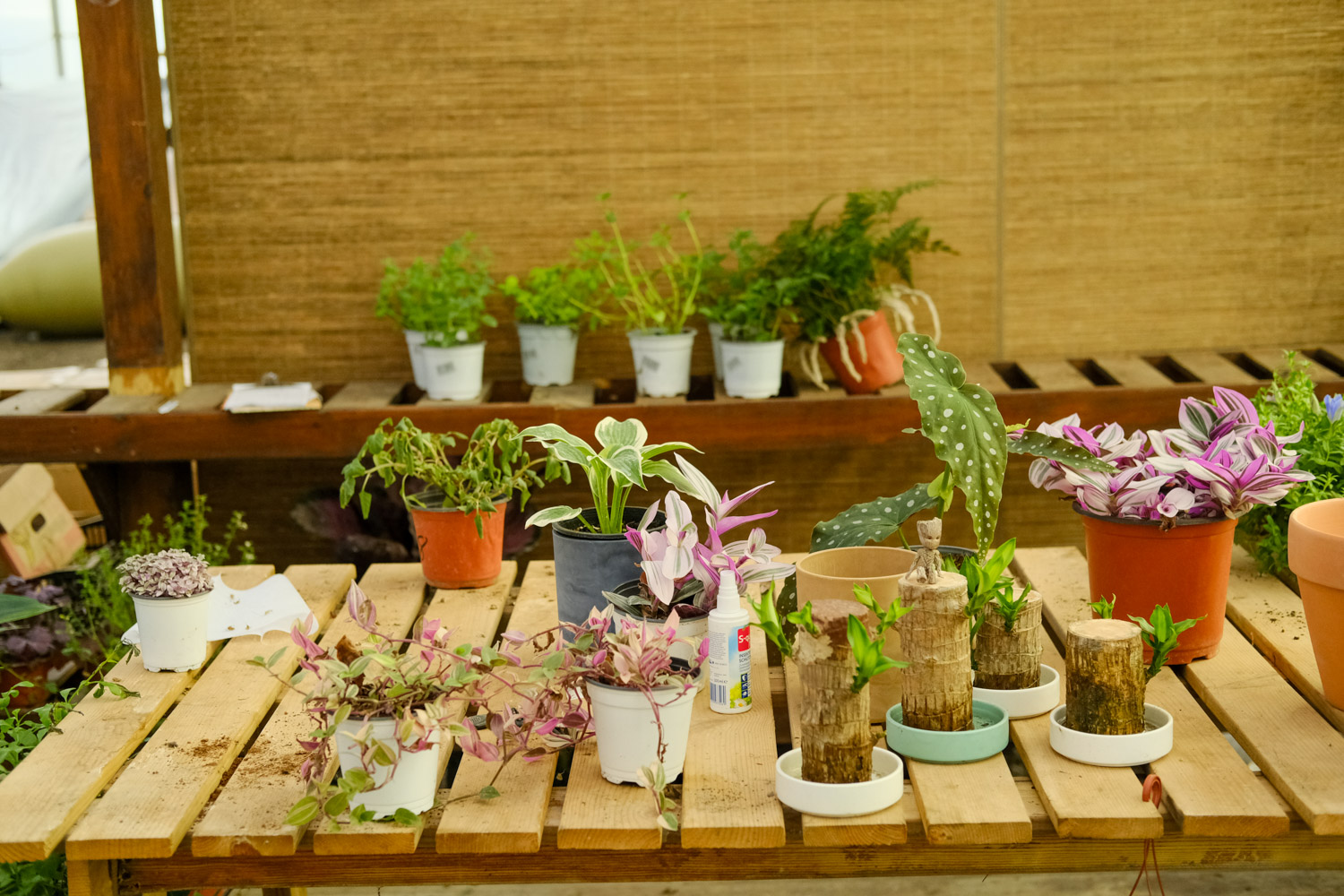
2. If the rose has been found to have powdery mildew and leaf spot, it can be sprayed with 0.3% stone sulfur mixture once a week, about 2-3 times later; If you find small insects, you can immediately spray 800 times the enemy will die control, which can kill the eggs
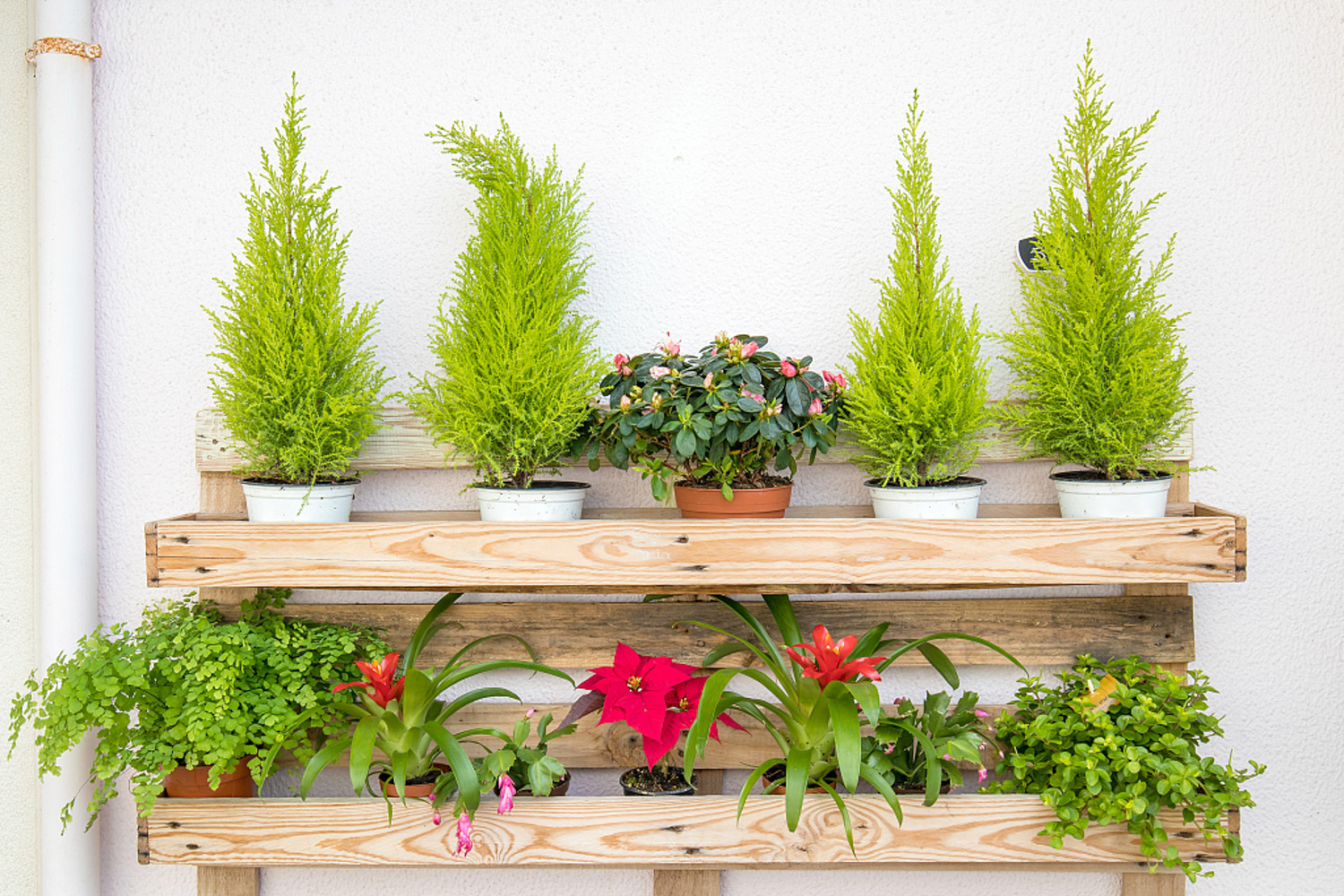
Geranium
When summer comes, many flower friends are very concerned about whether the geranium can spend the summer safely. As long as you follow Floriculture and do these things, you can make your Geranium spend the summer safely
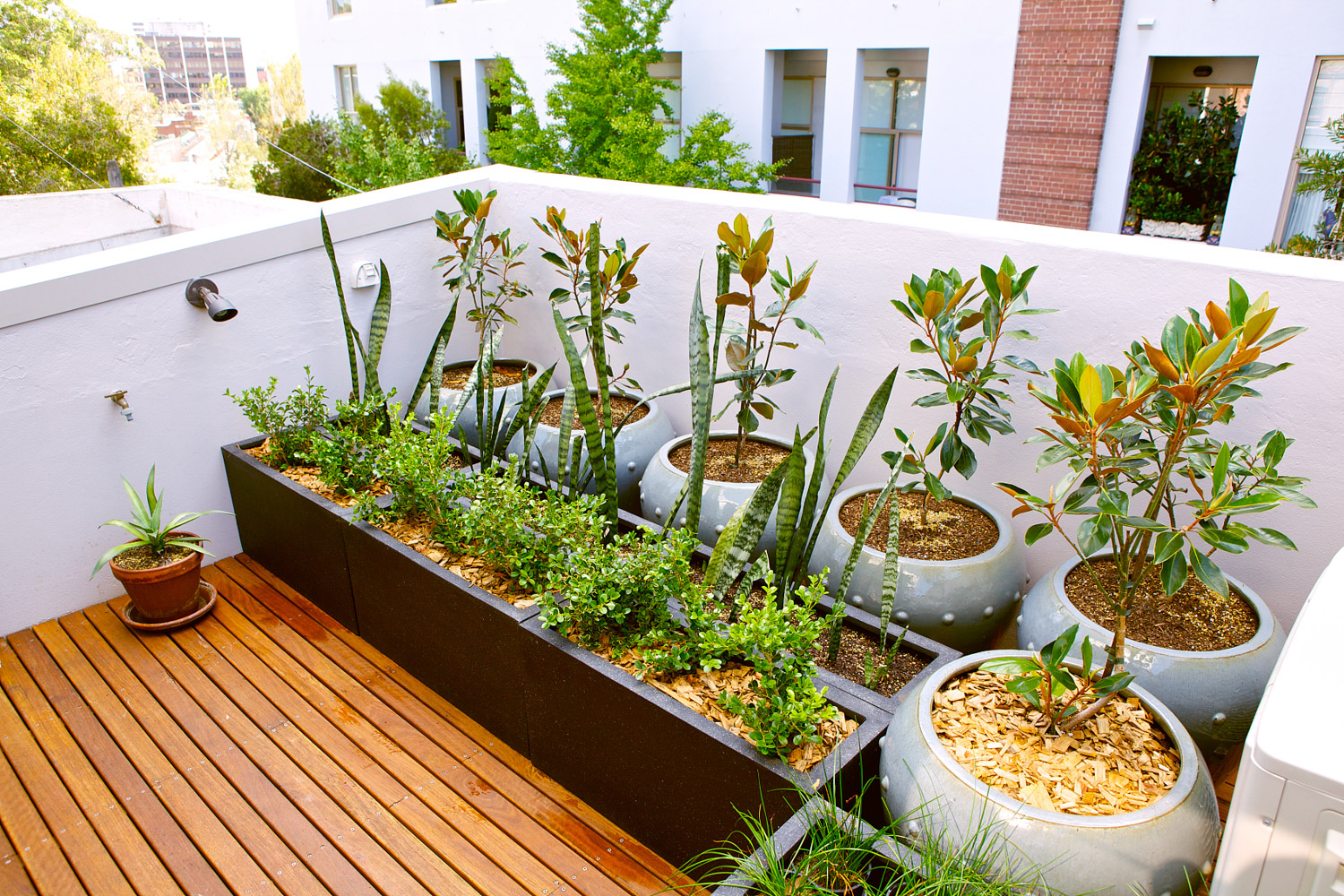
(author: Magnolia fragrance h# source: Geranium bar)
1 shading and ventilation
It is hot and muggy in summer. If the air is not circulating, it is likely to cause the death of Geranium
1. In summer, you can add some mulch on the basin soil of Geranium to reduce water evaporation and avoid the rise of soil temperature caused by direct sunlight. In addition, you can isolate the bacteria on the surface of the basin soil. Bluestone and ceramsite can be used. Do not choose the bark that is easy to produce insects and airtight stones
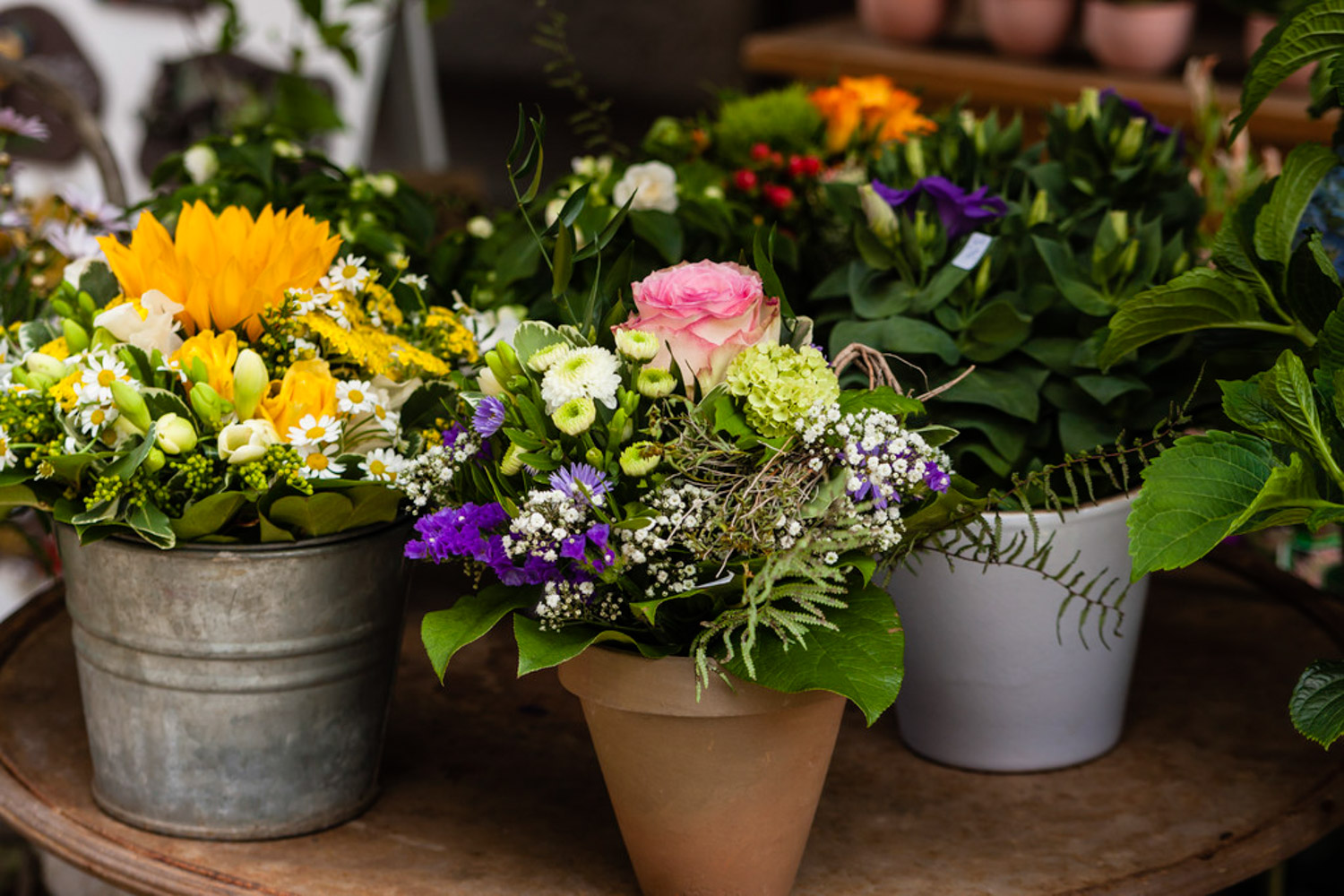
2. Geranium should be properly shaded in summer. It can be exposed to the sun in the morning and evening. It should be transferred to the place illuminated by scattered light at noon. If it is placed next to the window, the curtain can be pulled down or a sunshade net can be added
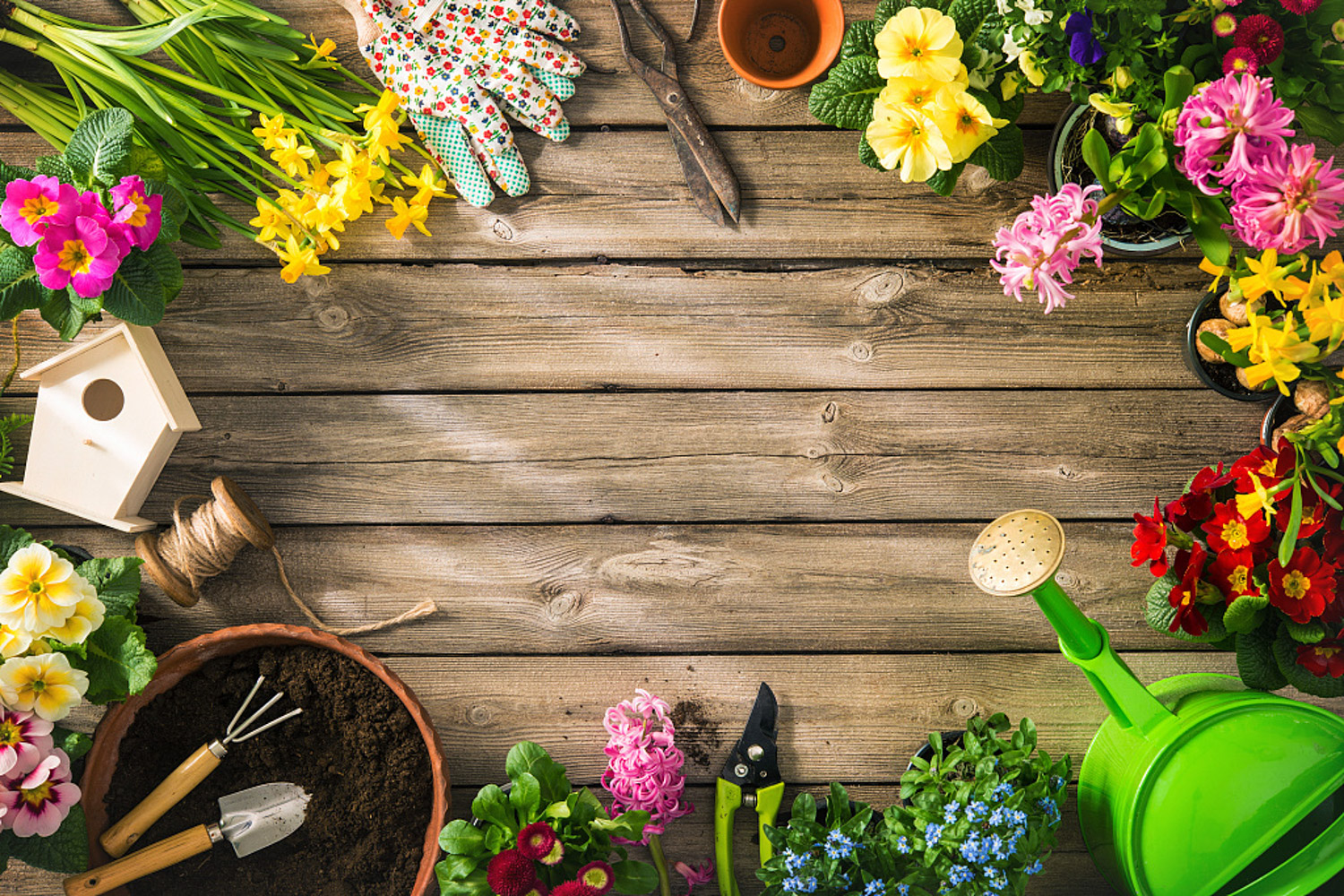
(author: ly Ayi source: Geranium bar)
2 watering and fertilization
The summer watering of geranium is the most troublesome
1. The best time for watering is in the morning or evening. Wait until the soil temperature drops before watering. The water should be dried for a period of time so that the temperature of the water can be similar to that of room temperature
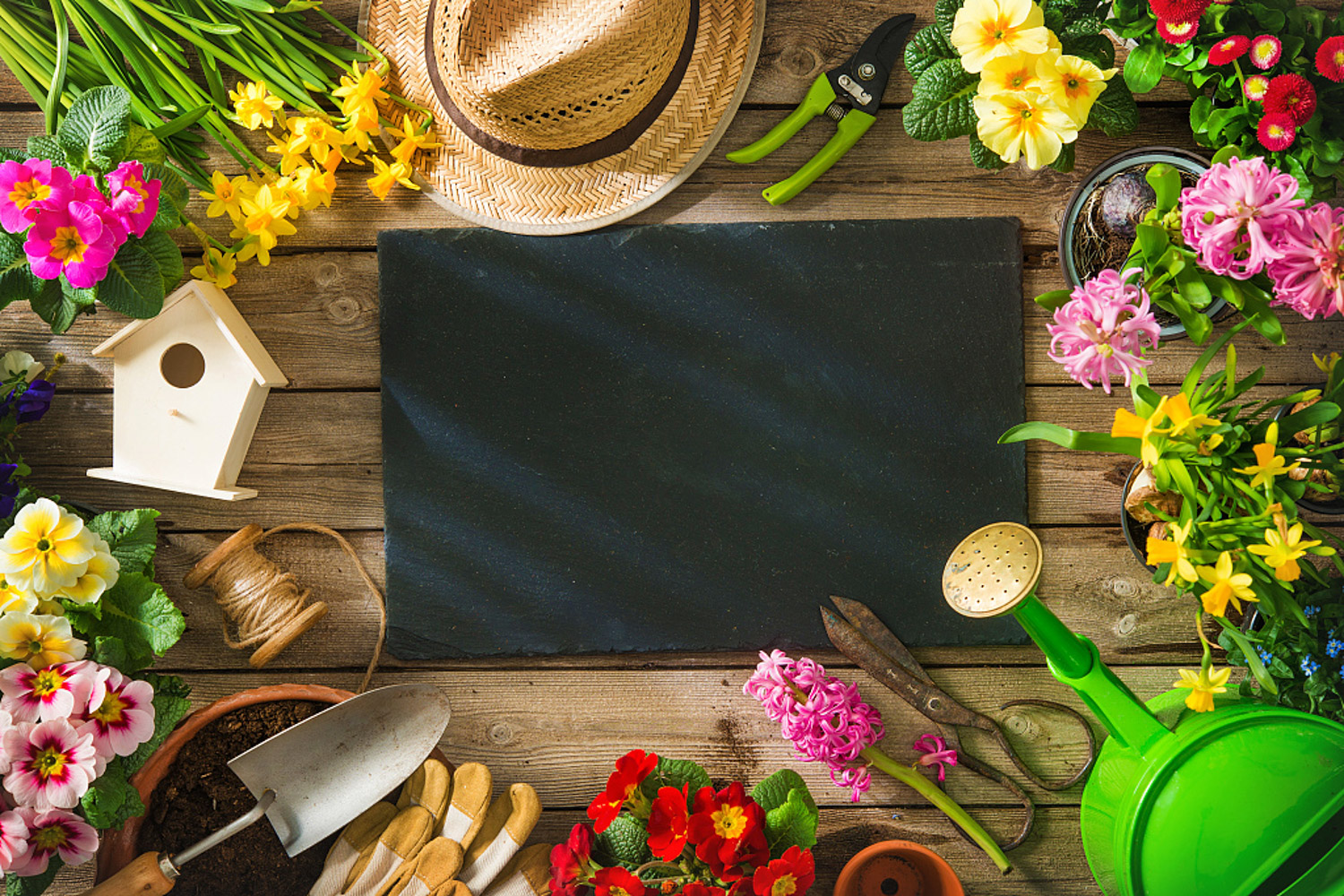
2. There are many watering methods. Do not use head watering, which can easily lead to water on the upper part of the flowerpot and the root system at the bottom of the basin does not absorb water, resulting in death. You can use the basin sitting method to water to ensure the water demand of Geranium
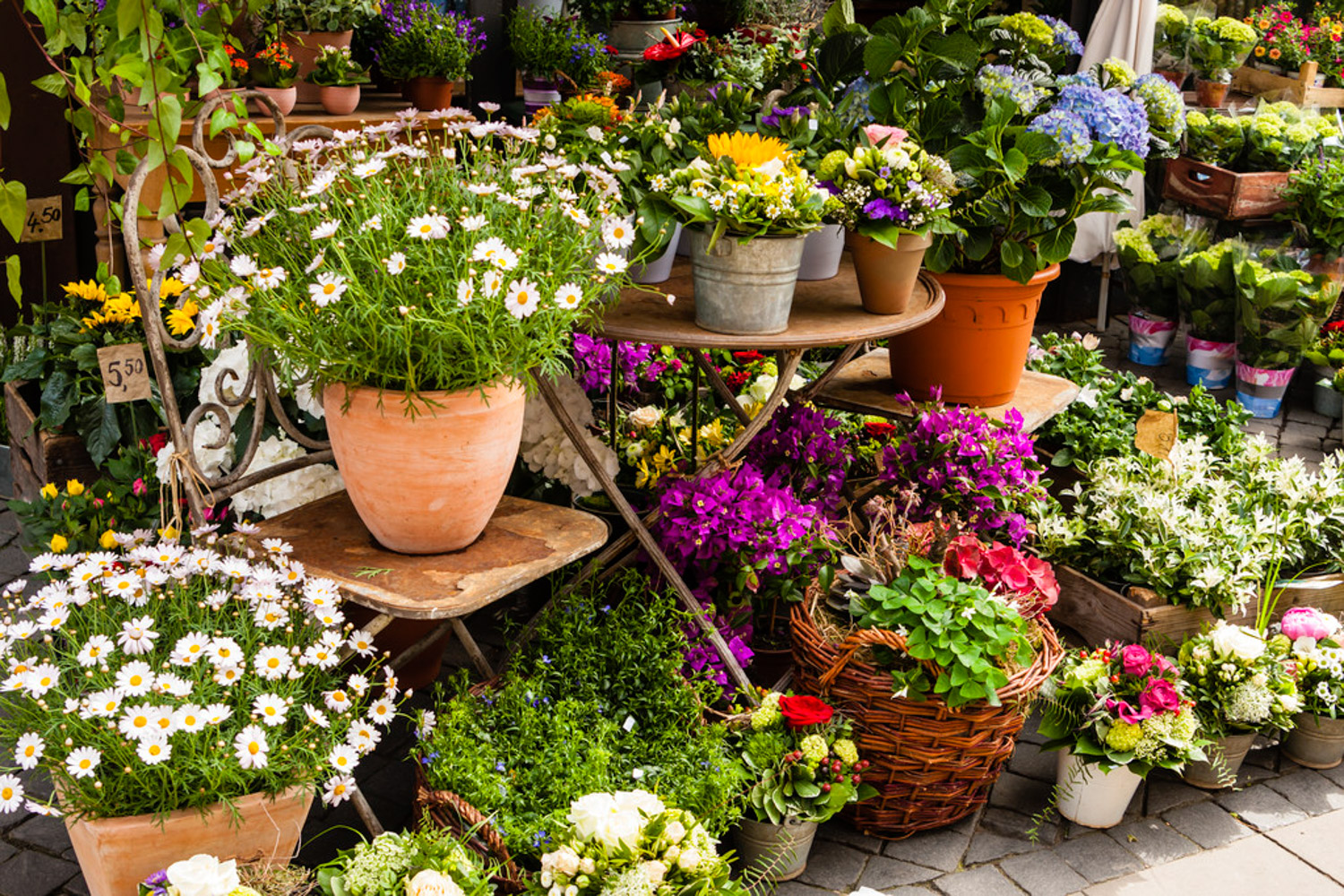
3. Geranium does not apply fertilizer in summer, because the dormant Geranium can not absorb fertilizer at all, and it may cause fertilizer accumulation and rotten roots
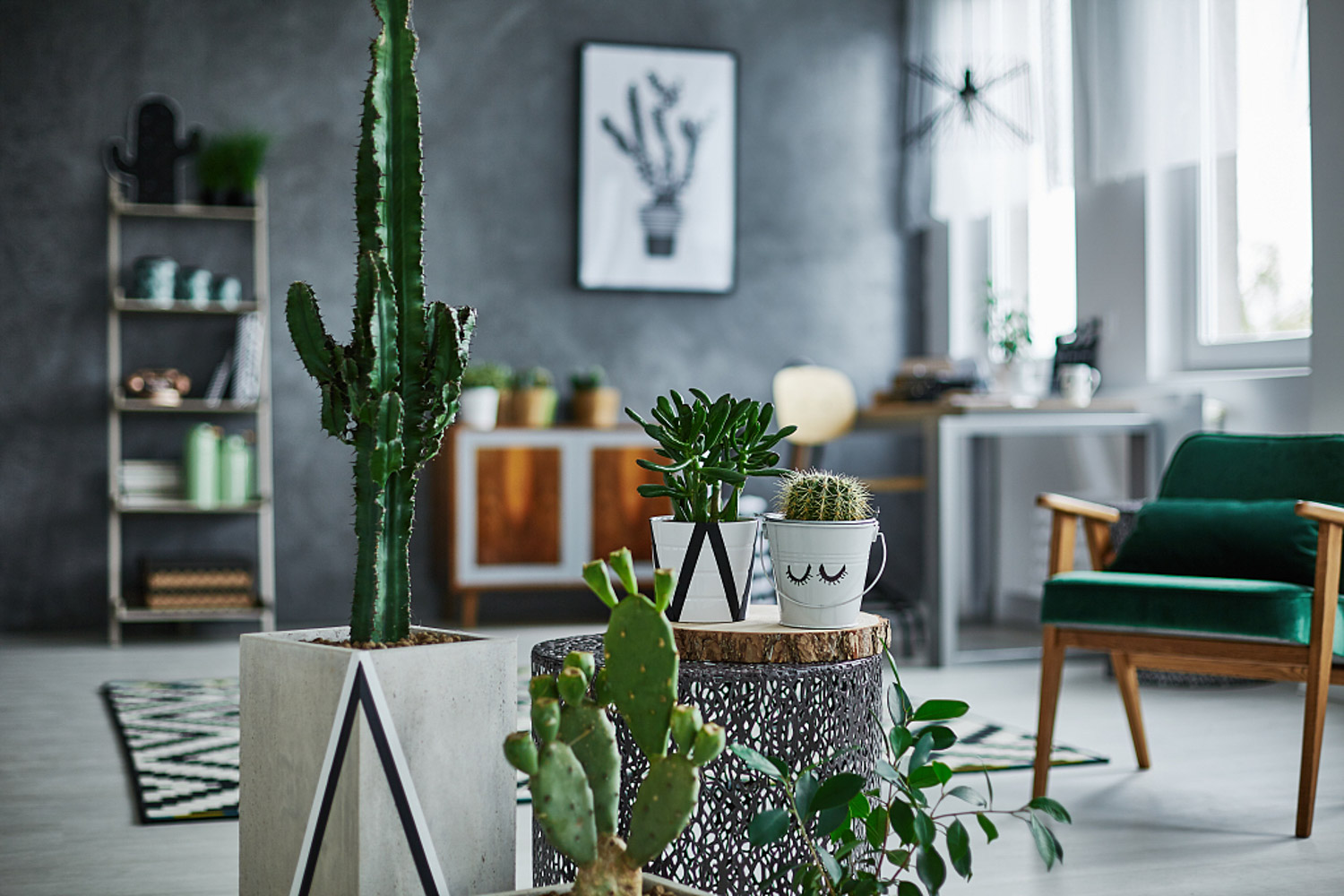
(author: ly Ayi source: Geranium bar)
3. Diseases and insect pests
Geranium is also particularly vulnerable to diseases and pests in summer, so prevention work needs to be done in advance
1. In order to avoid stem rot of geranium, you can irrigate the root with carbendazim solution, root rot solution or potassium permanganate solution once a month to prevent bacterial infection. If you find that Geranium has stem rot, you can only abandon seedlings and soil
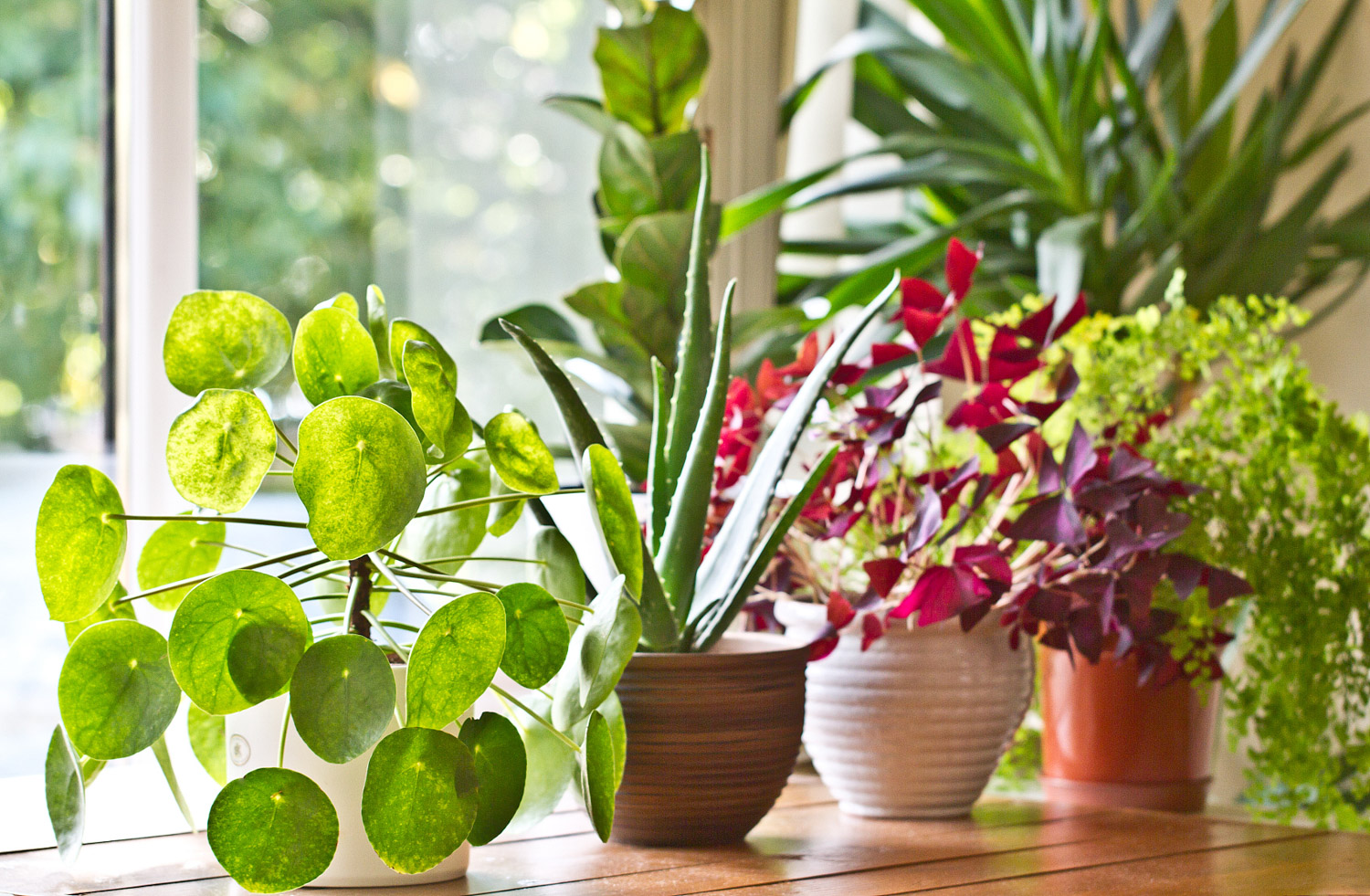
2. If geranium is found to have leaf spot disease and flower wilt disease, the diseased leaves should be removed in time to prevent the spread of infection, and then sprayed with Bordeaux liquid for control
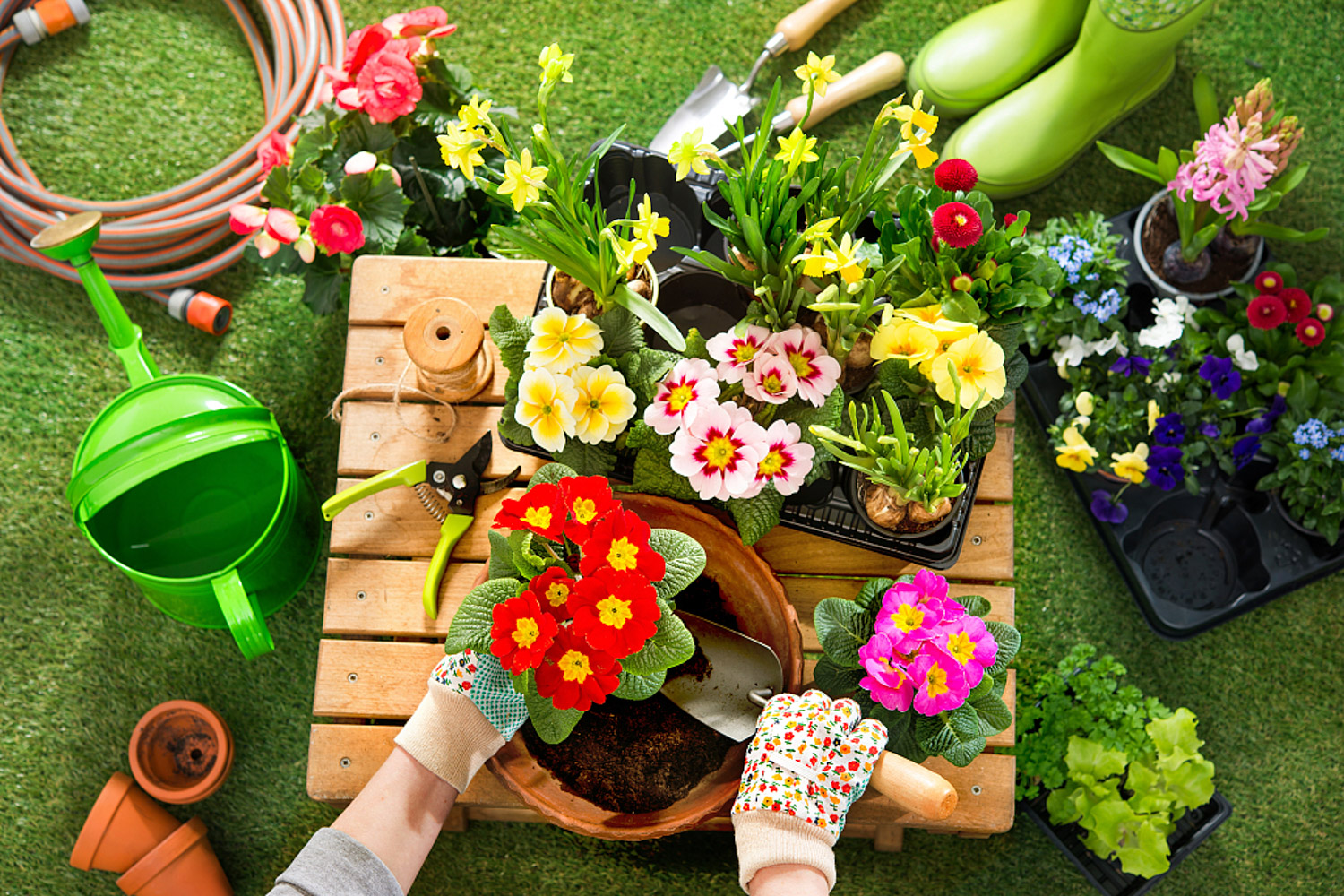
Clivia
Clivia is basically dormant in summer. In order to let Clivia spend the summer safely, Huahua has found you some points that you must pay attention to. All flower friends must remember
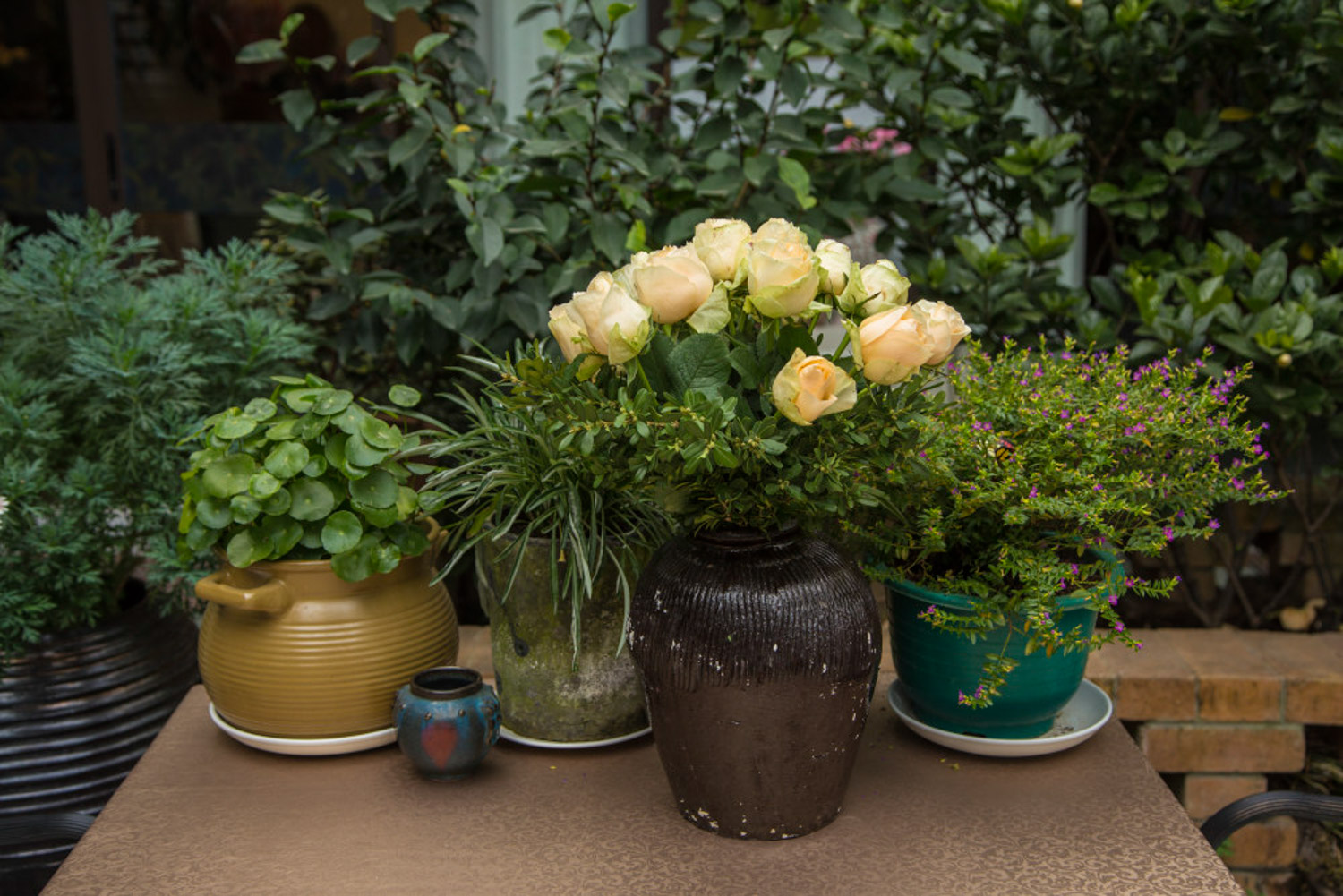
(author: Qiuhe speechless source: Clivia bar)
1 shading and ventilation
Due to the high temperature in summer, Clivia is in semi dormant state, so we must do a good job in heatstroke prevention and cooling
1. Clivia likes weak light and does not like strong light. It is most afraid of direct sunlight. Therefore, it must be placed in a cool and ventilated place in summer so that it can see the scattered light sooner or later
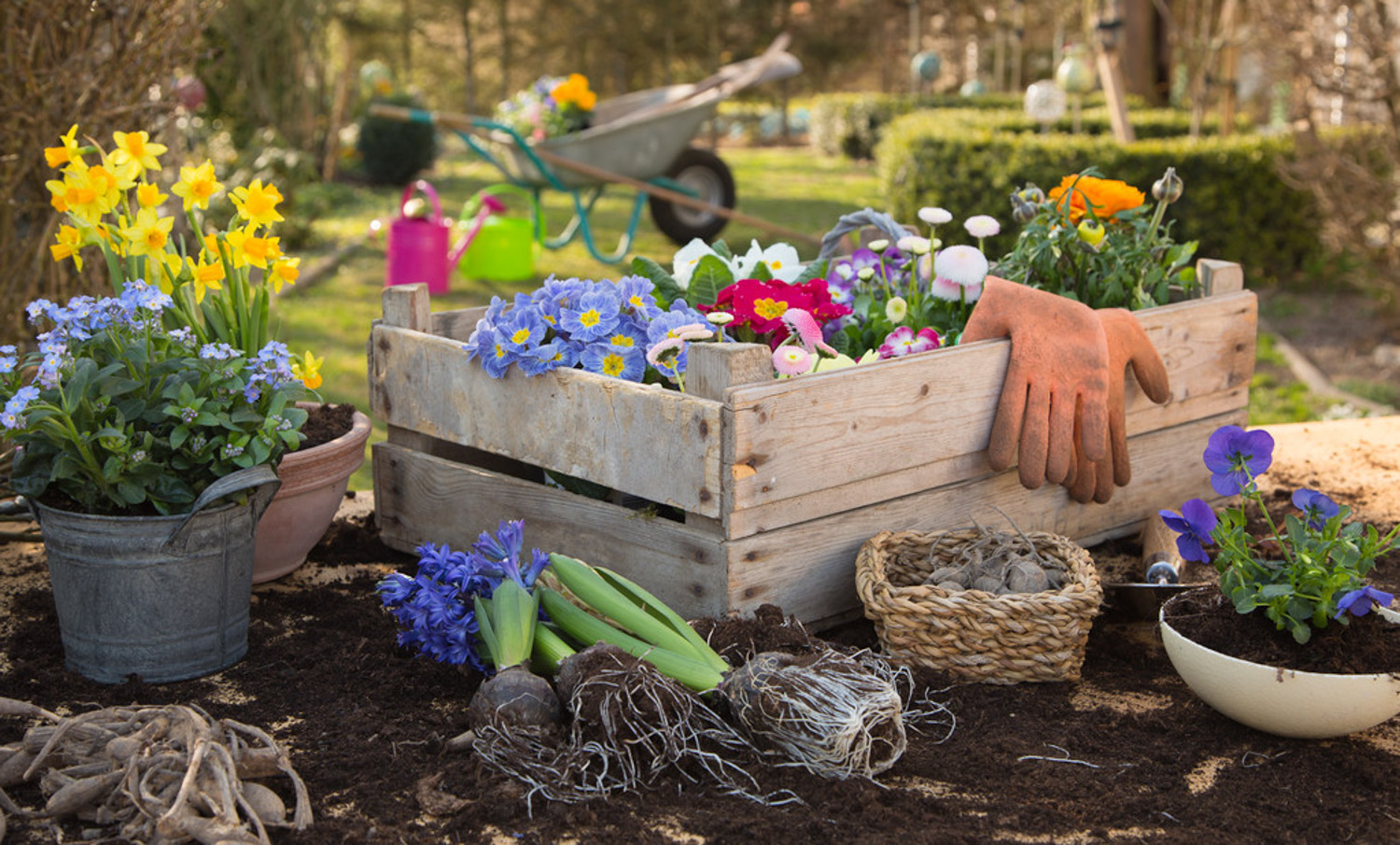
2. The method of burying sand can be used to cool down. That is, bury the Clivia and the basin in the sand, bury all the basins, and then spray water on the sand every morning and evening. In this way, the basin soil can be kept moist, and the endothermic effect of sand water evaporation can be used to achieve the purpose of cooling
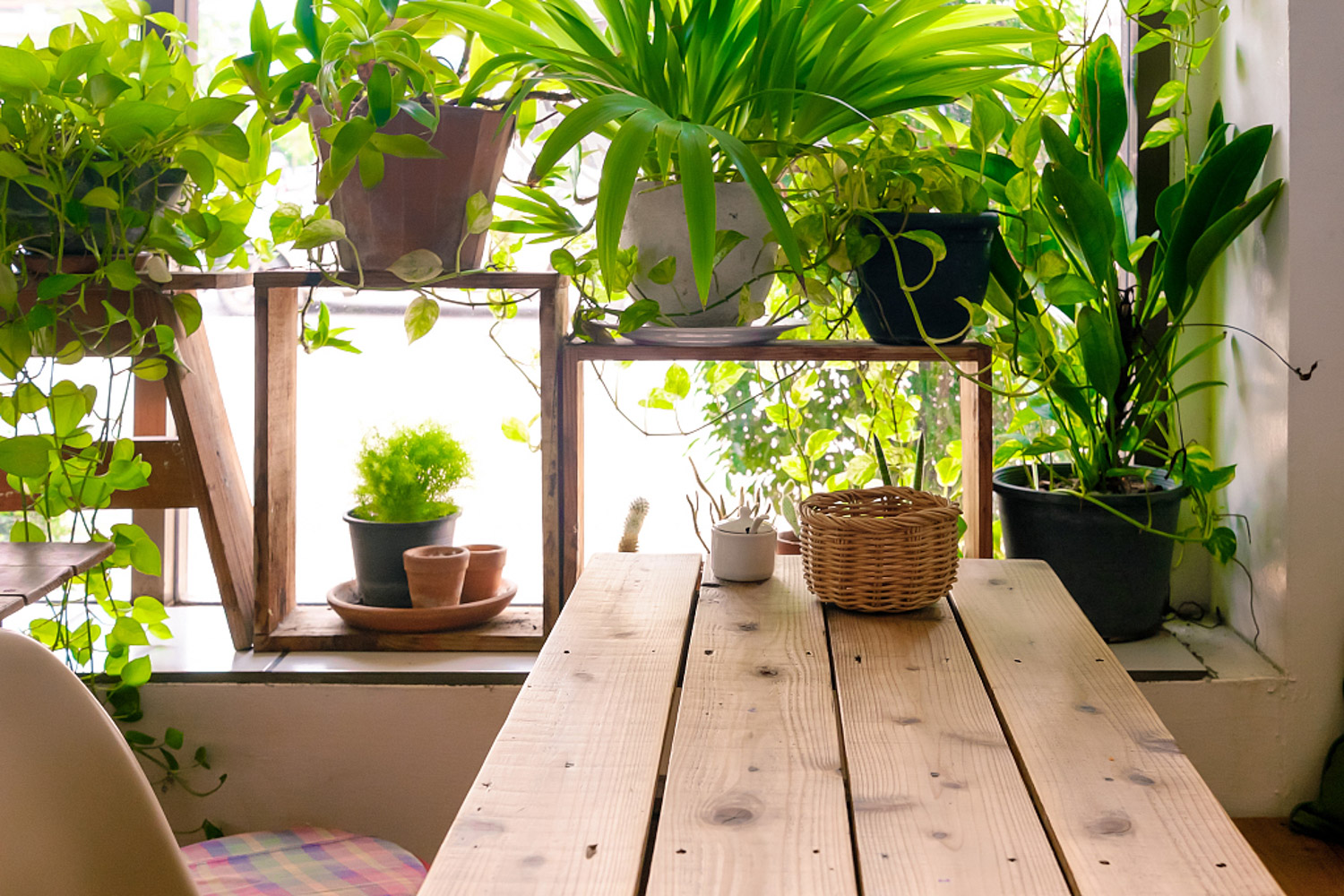
2 watering and fertilization
The watering of Clivia is also very important
1. In summer, the temperature is high and the evaporation is relatively large, so the water demand of Clivia is relatively large. For 1-2 years of Clivia, water once every 5-7 days; Clivia for more than 3 years should be determined according to the size of the flowerpot and the age of Clivia
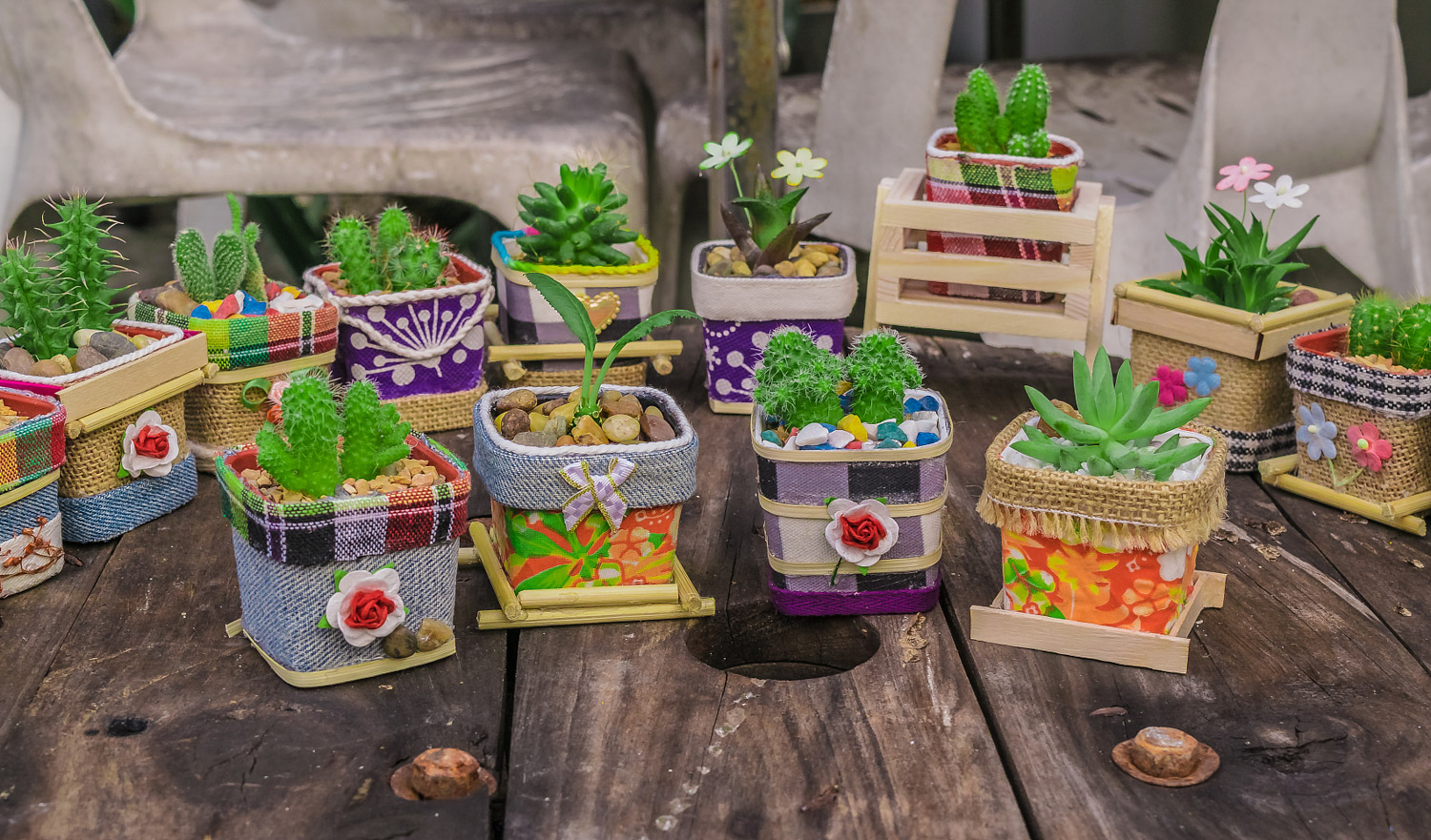
2. It is best to use the stored rainwater for pouring Clivia. Tap water can be used only after 24 hours of precipitation to prevent soil deterioration. If the basin soil drainage is not smooth and the ponding time is too long, it is easy to lead to the fleshy root rot of Clivia
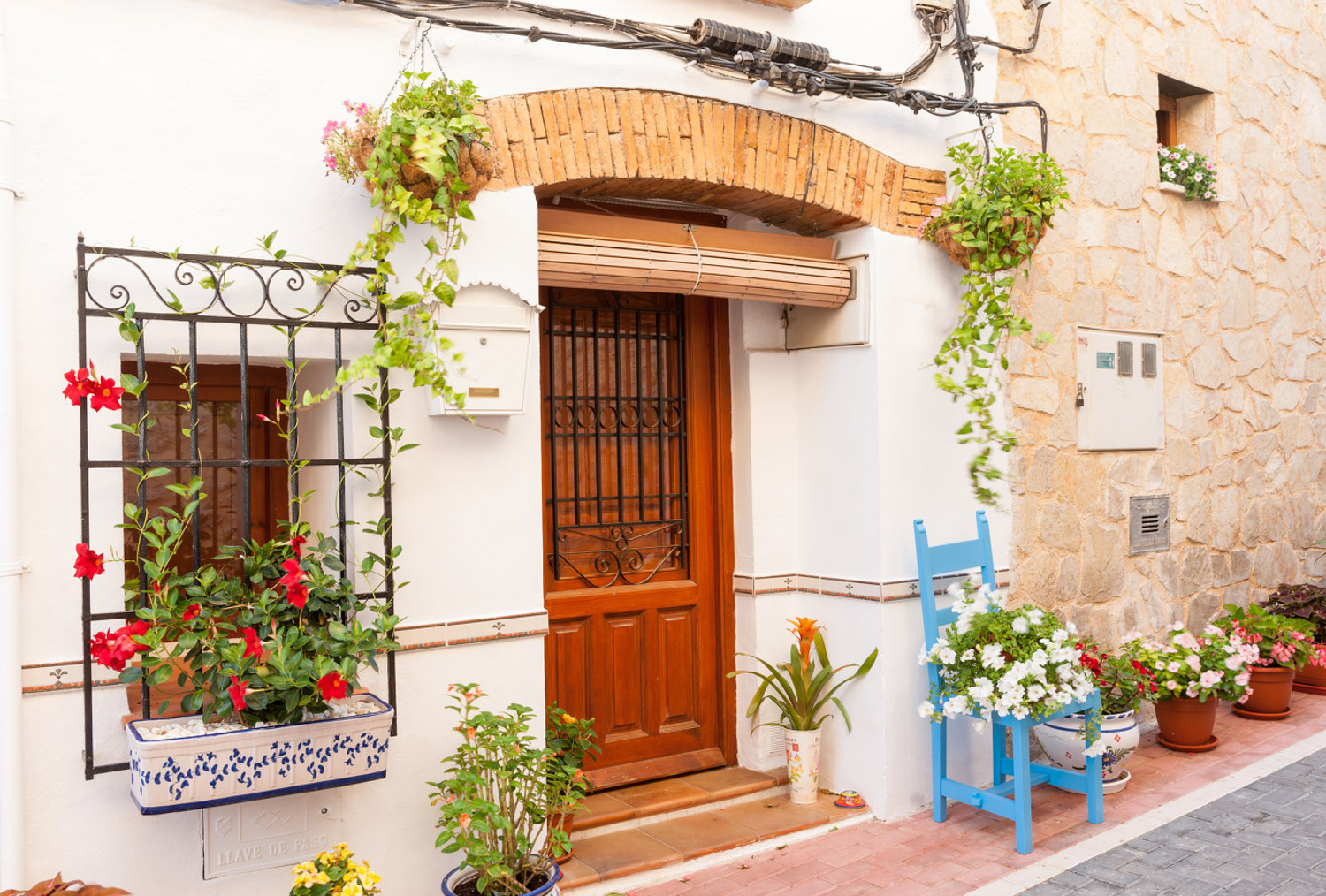
3. Summer is hot and rainy. Fertilization should be stopped to avoid root rot. If Clivia is placed in a cool and ventilated place, it will not sleep completely. At this time, thin soybean cake liquid fertilizer can be applied once every 10-15 days, and the basin soil should be kept dry before fertilization

3. Diseases and insect pests
Because Clivia is in dormancy in summer, with poor ventilation, it is particularly vulnerable to scale insects. At this time, drugs such as scale Bizhi or dichlorvos can be mixed with water in the ratio of 1:2000, sprayed on the leaves of Clivia, and irrigated with roots at the same time, which can effectively kill scale insects and other pests

Longevity flower
With the advent of summer, the temperature has been rising. In hot weather, how should longevity flower be maintained? Huahua will give you a detailed introduction

1 shading and cooling
At this time, the flower is in the state of proper shade in summer, and the resistance to high temperature is basically poor
1. In order to reduce the temperature, you can spray more water on the ground to take away part of the heat when the water evaporates. You can also spray water on the leaf surface to reduce the temperature around the longevity flower. When spraying water, be careful not to spray too much, otherwise it will easily lead to the decay of longevity flowers

2. In order to avoid strong light burning the leaves of longevity flower, shading treatment is needed in summer. Shading net can be added, or longevity flower can be moved to a place with weak light

2 watering and fertilization
For long-lived flowers in dormancy in summer, pay attention to water control. Water control is to reduce watering, but you can't stop watering, otherwise long-term drought will easily lead to root water shortage and death
1. For those who raise longevity flowers indoors, water once every 10-15 days to keep the soil slightly wet. If watered too much, the fleshy roots of longevity flower are easy to rot. For the outdoor longevity flower, it's OK to moderate a little rain, but in case of heavy rain, you should move indoors in time
2. When applying fertilizer in summer, the concentration of longevity flower should be low. Basically, thin liquid fertilizer can meet its growth needs. Apply it once every 8-10 days. You can use rotten soybean cake fertilizer or traditional Chinese medicine residue

That's all for Huahua today
Dear flower friends
What other plants do you want to know how to spend the summer
Welcome to leave a message to Huahua< span>

 how many times do yo...
how many times do yo... how many planted tre...
how many planted tre... how many pine trees ...
how many pine trees ... how many pecan trees...
how many pecan trees... how many plants comp...
how many plants comp... how many plants can ...
how many plants can ... how many plants and ...
how many plants and ... how many pepper plan...
how many pepper plan...



























